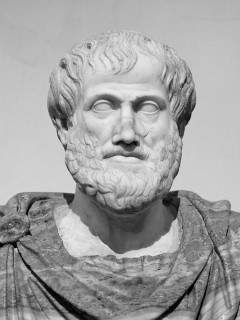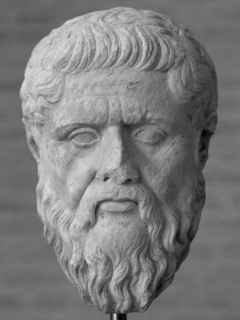

Formalism and structuralism
pp. 181-185
in: Martin Middeke, Timo Müller, Christina Wald, Hubert Zapf (eds), English and American studies, Stuttgart, Metzler, 2012Abstract
The origins of reflection on the nature, the task, and the formal aspects of literature can be found in ancient Greece. Plato and Aristotle offered comments on, for instance, the nature of poetry, the role of the poet in society, and the attempt to represent reality in literature. However, in spite of this long tradition of theoretical thinking about literature, our modern understanding of literature and literary criticism was shaped in the nineteenth century. Of utmost importance in this context were the English and German Romantics who insisted on the poet's self-creation by means of his idiosyncratic work of art—the poet's will to form could not but break with the tradition. The letters of the nineteenth-century French writer Gustave Flaubert, who was one of the first genuinely modern novelists, are full of passages where he expresses the difficulty of finding the adequate form for his works.




